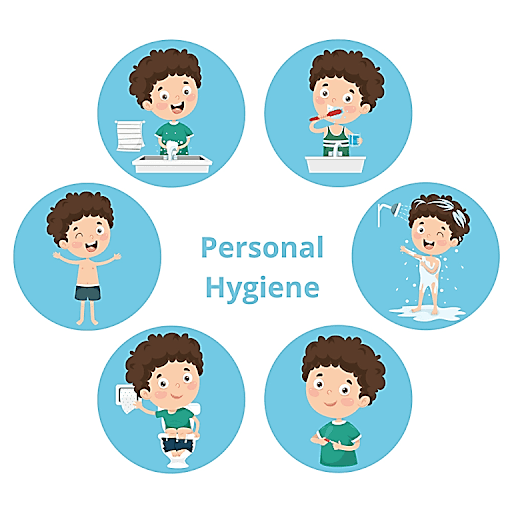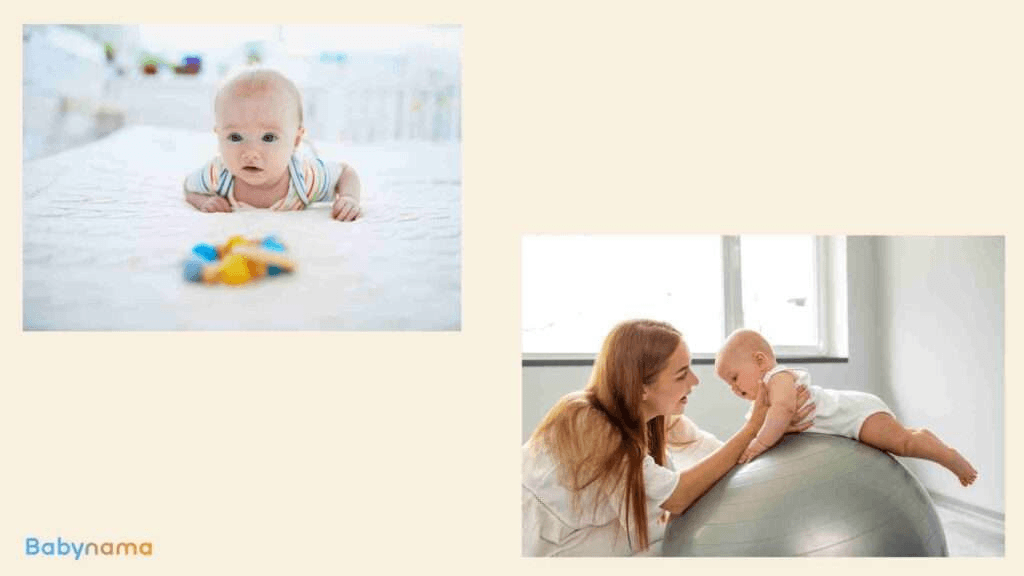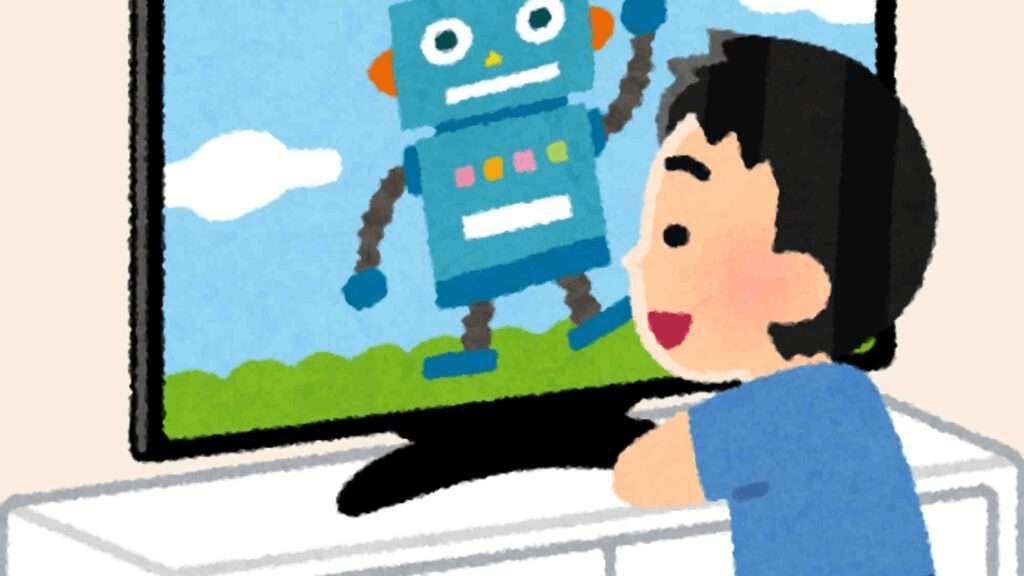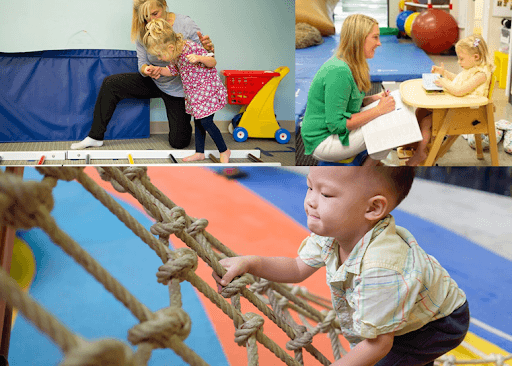
Does Your Child Drink Enough Water?
Did you know that children and adolescents are mildly dehydrated due to insufficient fluid intake?
A study has found that many young people don't drink any water at all as part of their fluid intake. Children, like adults, require a lot of water to get through the day-to-day chores. For parents, it can be challenging to figure out how much water their children need to stay hydrated.
Take a look at the importance of water and how much your child should be drinking daily.
Why Should Children Drink Water?
A child's diet would be incomplete without adequate amounts of clean, fresh drinking water. It's critical for regular bowel movements and avoiding infections in the urinary tract and stones in the kidney.
The temperature of our bodies is also controlled by water. When kids don't drink enough water, their bodies use sweat evaporation to keep themselves cool. Their bodies cannot produce enough sweat to keep them cool if they are dehydrated. The brain sends a signal to the sweat glands to produce sweat when our bodies heat up due to a hot day or physical activity.
Symptoms of Water Depletion (Dehydration)
A child is dehydrated when they lose more fluid than they consume, and their body lacks enough water to function. Physical activity, vomiting, diarrhea, fever, and insufficient water intake are all potential causes of dehydration.
Symptoms of infant dehydration
Infant dehydration symptoms include-
- Fewer wet diapers
- Increased signs of exhaustion
- No tears
- The baby's head has a "fontanelle" (a depressed soft spot).
A child won't realize they're thirsty until they're dehydrated, so watch them closely. This applies to active children and warm weather. The following characterizes dehydration in children-
- A feeling of drowsiness
- Cramps
- Dark, infrequent urination
- Dry lips
- Excessive heartbeat
- Headache
- Irritable and sleep-deprived
- Overheating or hypothermia
- Reddened skin
- Sticky mouth
- Thirst
Your pediatrician should be contacted immediately if you suspect your child is dehydrated.
At What Age Can A Baby Start Drinking Water?
Until six months, infants should only eat breast milk or formula. After six months, you can begin to give your baby 1-2 ounces of water at a time in addition to breast milk or formula. Their primary fluid source will be breastmilk or formula until 12 months old. Next, gradually introduce water as a primary beverage for your child.
How Much Water A Day Should My Child Drink?
Experts recommend that children drink the respective amounts of water based on their age.
- It is safe to introduce a baby to water at six months. They only need 4-8 ounces of liquid a day until they are a year old, from breast milk or formula.
- Children ages 1 to 3 should drink four cups of water or milk daily to stay hydrated.
- Children ages 4-8 should drink 5 cups of water per day.
- Older kids above the age of 9 should drink 7-8 cups of water per day.
Important Key Points To Be Considered
Temperature and humidity conditions and individual activity levels may necessitate changes in daily water intake amounts.
Milk and juice, which they may drink throughout the day, are not included in these totals.
Experts recommend using age as the primary metric for toddlers and younger children, but weight can be a good metric for older children and teens when figuring out how much water they should drink. A good rule of thumb is to drink about half an ounce of water for every pound of body weight.
For example, Your child should drink about eight 8-ounce (1 ounce = 240ml) glasses per day for 64 ounces of water if they weigh 125 pounds (approx. 57 weight).
How To Get Your Children To Drink More Fluids?
Sometimes it's hard to get kids to drink enough water. Here are some fun and creative ways to hydrate your child-
- Fun-looking water bottles or sippy cups for children to drink out of.
- Ice cubes or water immersed with fruit.
- Make a video game out of it! Make a water consumption chart and award stars for each cup consumed daily. Using this method will help your child drink more water.
- Popsicles made with fruit juice and water.
- Produce with a high concentration of water-rich fruits such as watermelon, cucumber, zucchini, celery, and berries.
- Smoothies are entirely made from fruit and water.
Drink To Avoid or Limited Consumption
Limiting your child's consumption of the following sugary beverages is recommended. Sugary drinks can diminish children's thirst for water and hunger for healthy foods. These include-
- Fruit juice is an excellent source of vitamins, but it also contains a lot of sugar. The sugar and flavoring in many juices are artificial, so it's best if kids limit their intake.
- Juice or chocolate milk can be consumed in moderation as long as they are low in sugar.
- Mineral water (electrolytes), salt water, and sugar water are the main ingredients in sports drinks.
- Plain milk contains lactose, a naturally occurring sugar. Children should avoid drinks with caffeine, sugar, and other substances like taurine while they are still growing, as they can adversely affect their health. It's a bad idea to give these drinks to children because they're addictive.
- Sugar and caffeine are both common ingredients in soda. Drinking even "diet" sodas is discouraged for children.
- Sweeteners Added to Beverages. This category includes all "diet" drinks.
- You should limit your child's intake of caffeinated beverages to water and non-dairy milk or milk substitutes.
Keep in Mind: These sugary drinks should not be given to children on days when they will not be doing any exercise.
Is Water In Plastic Bottles Safe For Kids?
Even though plastic water bottles are convenient, they can contain harmful toxins, according to the National Institute of Health (NIH).
Experts worry about phthalates and bisphenol A. (BPA). According to preliminary research, these chemicals may affect the development of children, including brain development, hormones, and chemicals that regulate metabolism.
As a result, the immune and reproductive systems may be affected. Experts recommend water bottles free of BPA and phthalates for children's drinking needs.
What Kind Of Water Is Most Suitable For Children?
There are many water products on the market, from inexpensive tap water to high-alkalinity groundwater water. The best choice for children is water from natural sources and is BPA- and phthalate-free.
The most important thing you can do for your child is to set an example of healthy hydration practices. Consult pediatricians & specialists if you suspect your child is dehydrated.





